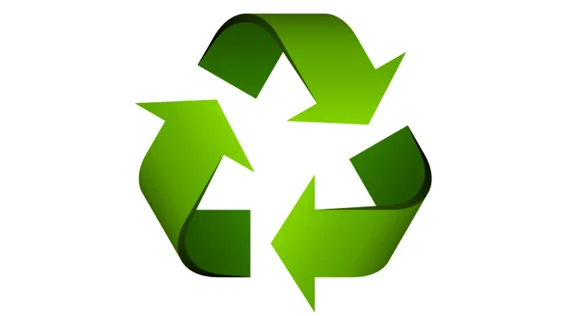
SEATTLE (Waste Advantage): The U.S. Environmental Protection Agency released its Advancing Sustainable Materials Management: 2017 Facts and Figures Fact Sheet, which provides information on recycling and recovery rates, among other things, for calendar years 2016 and 2017. The American Chemistry Council responded to the report with the following statement from Steve Russell, vice president of ACC’s Plastics Division:
“America’s plastics makers are deeply committed to increasing plastics reuse, recycling and recovery, and we’re not surprised with the recent decline given the widespread impacts of China’s “National Sword” policy, which has curtailed Asian markets for U.S. recyclers. At the same time, we’re heartened that one consequence of China’s policy has been a wave of new announcements and investments in domestic recycling here in the United States.
These announcements are coming from across the value chain, from plastics makers and consumer brand companies, to traditional and advanced recyclers, which are adapting quickly and decisively to the new landscape. Data show that domestic markets for recycled plastics are increasing, and we expect this trend to accelerate.
Companies are partnering to design waste out of our systems and increase circularity through new product and packaging formats, technology innovation, and new business models that treat used plastics as a resource – or raw material – for sustainable manufacturing. Communities are investing in new systems and equipment to improve collection and sortation. And plastics producers have set goals intended to make all plastic packaging recyclable or recoverable by 2030 and recycled or recovered by 2040. These efforts to expand and enhance both traditional and advanced recycling are fundamentally transforming plastics use into more circular systems with a broader range of outputs and markets than ever before.
We all have a role to play, since recycling and recovery begins with collection, and we need everyone to continue to participate in their local recycling programs. While the opportunities to transform our waste into something of value have never been greater, consumers are being bombarded with conflicting messages about recycling. Our message is: don’t stop. Check with your local program to confirm what items your community collects, and strengthen your commitment to get the right items into the bin.”
Courtesy: www.wasteadvantage.com
| Copper Scrap View All | |
| Alternator | 0.31 (0) |
| #1 Copper Bare Bright | 3.70 (0.05) |
| Aluminum Scrap View All | |
| 356 Aluminum Wheels (Clean) | 0.71 (0) |
| 6061 Extrusions | 0.62 (0) |
| Steel Scrap View All | |
| #1 Bundle | 475.00 (0) |
| #1 Busheling | 495.00 (0) |
| Electronics Scrap View All | |